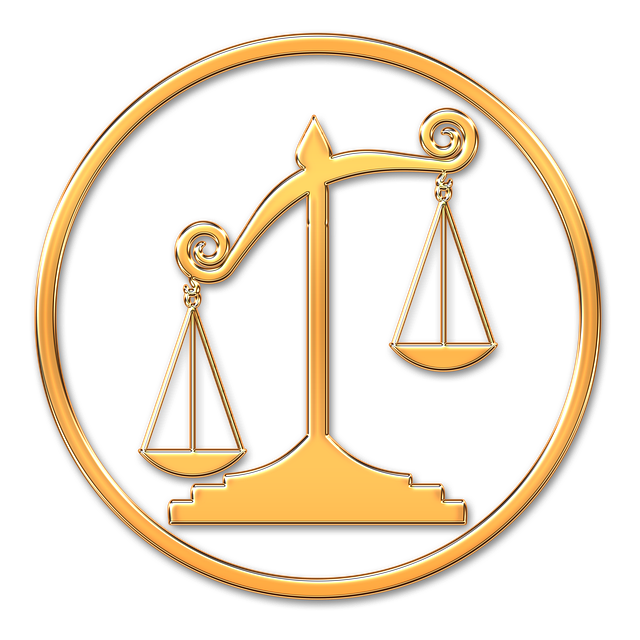Mail wire fraud, a complex digital crime involving deceptive fund transfers, targets individuals and businesses through impersonation, phishing, and fraudulent documents. Scammers mimic government agencies or reputable organizations, demanding immediate payments under threat. Victims may consider hiring an appeal lawyer to mitigate penalties and protect assets, despite the significant cost, which varies by experience and location. Early detection, through vigilance against red flags like urgent requests, spelling errors, and unverified communications, is crucial in preventing fraud and safeguarding financial interests. Swift action, including bank notification and legal counsel, is essential for victims, as the cost of hiring an appeal lawyer can lead to loss recovery and justice, easing personal and financial burdens.
Mail wire fraud, a sophisticated form of online scamming, poses a significant threat in today’s digital landscape. This article offers a comprehensive guide to understanding, identifying, and combating these cunning schemes. From common tactics to legal repercussions, we demystify mail wire frauds, empowering individuals to protect themselves. Learn about red flags, prevention strategies, and recovery options, even considering the potential expense of hiring an appeal lawyer if scammed.
- Understanding Mail Wire Frauds: A Comprehensive Overview
- Common Schemes and Tactics Employed by Scammers
- Identifying Red Flags: How to Spot Potential Mail Wire Fraud
- The Legal Implications and Consequences of Falling Victim
- Protecting Yourself: Strategies for Prevention and Recovery
Understanding Mail Wire Frauds: A Comprehensive Overview

Mail wire fraud is a sophisticated and increasingly prevalent form of financial crime that exploits the security vulnerabilities in digital payment systems. It involves manipulating electronic fund transfers through deceit and manipulation, often targeting businesses and individuals alike. This type of fraud has evolved with advancements in technology, making it more challenging to detect and prevent.
Understanding mail wire fraud requires a grasp of its various techniques, which include impersonation, phishing, and the creation of fraudulent documents. Scammers often pose as legitimate entities, such as banks or government agencies, to gain trust and access sensitive financial information. With an unprecedented track record in high-stakes cases, white collar defense attorneys play a crucial role in navigating these complex schemes. The cost of hiring an appeal lawyer can be significant, but it is essential for victims seeking justice and recovery in mail wire fraud cases, where the stakes are high and the consequences severe.
Common Schemes and Tactics Employed by Scammers

Scammers employ a variety of sophisticated schemes and tactics to dupe individuals into sending money or sharing sensitive information. One common method involves impersonating government agencies or reputable organizations, demanding immediate payment for outstanding fines or fees under threat of legal action. Another favored tactic is the romantic scam, where con artists cultivate online relationships with victims, gaining their trust before requesting financial support for various “emergency” situations.
These fraudsters also leverage fear and urgency to manipulate their targets. They might use threatening language or pretend to be from a law firm, urging victims to hire an appeal lawyer to resolve legal issues—often implying dire consequences if they don’t comply. Some scammers even pose as white-collar defense specialists, preying on individuals facing financial troubles with promises of a clean slate, all for a hefty fee that never materializes into actual results. The Cost of Hiring Appeal Lawyer can be a red flag; an unprecedented track record across the country in successfully defending clients should raise eyebrows before any legal services are engaged.
Identifying Red Flags: How to Spot Potential Mail Wire Fraud

Mail wire fraud is a sophisticated crime that requires keen vigilance to identify and prevent. One of the first lines of defense against such schemes is recognizing potential red flags. These can manifest in various forms, from unusual communication methods or demands for urgency to discrepancies in official documentation. For instance, if you receive an unexpected email or phone call claiming to be from a legitimate business, asking for immediate payment via wire transfer without providing sufficient context or verification, this could be a strong indicator of fraud.
Moreover, pay close attention to details like spelling and grammatical errors, which are often hallmarks of phishing attempts. Additionally, verify the authenticity of requests by contacting the respective business directly through their official channels. Achieving extraordinary results in white-collar defense often hinges on early detection and swift action. By staying alert and implementing robust security measures, individuals and businesses can significantly reduce the risk of falling victim to mail wire fraud, thereby safeguarding their financial interests and reputational integrity.
The Legal Implications and Consequences of Falling Victim

Falling victim to mail wire fraud can have severe legal implications and consequences. Depending on the jurisdiction and the scale of the fraud, individuals found guilty of participating in or enabling such schemes face significant penalties, including substantial fines and imprisonment. The complexity of financial crimes often requires a thorough understanding of both civil and criminal law, leading many victims to consider hiring an appeal lawyer to navigate these legal complexities.
The cost of hiring an appeal lawyer can vary widely based on several factors, such as the lawyer’s experience, the specific case details, and local legal fees. However, having an experienced professional by your side throughout all stages of the investigative and enforcement process can prove invaluable. An appeal lawyer with an unprecedented track record in defending against mail wire fraud charges can help mitigate penalties, protect assets, and ensure that your rights are fully upheld within the philanthropy and political communities affected by these crimes.
Protecting Yourself: Strategies for Prevention and Recovery

Protecting yourself from mail wire fraud requires a multi-faceted approach. Firstly, stay vigilant with your personal information – never share sensitive details like PINs or passwords over the phone or email unless you’ve initiated the contact and are certain of the recipient’s legitimacy. Regularly update your security software and use strong, unique passwords for each account to fortify digital defenses against phishing attempts.
Should you become a victim, swift action is crucial. Notify your bank immediately about any suspicious activity and file a report with local law enforcement. Document every interaction related to the fraud for potential legal proceedings. While recovering from the financial loss, consider consulting an appeal lawyer specializing in white collar and economic crimes. Remember that achieving extraordinary results in recovering losses and securing justice can be possible with the right legal representation, potentially alleviating the personal and financial burden caused by such crimes, and contributing to the resilience of both individual and the philanthropic and political communities.
Mail wire fraud remains a persistent threat in our digital age, with scammers continuously evolving their tactics. By understanding common schemes, identifying red flags, and implementing preventive measures, individuals can significantly reduce their risk. If a fraud occurs, promptly seeking legal advice from a specialized attorney is crucial to mitigate damages and understand the potential cost of hiring an appeal lawyer. Remember, awareness and proactivity are key to safeguarding your financial well-being in the face of these sophisticated crimes.






